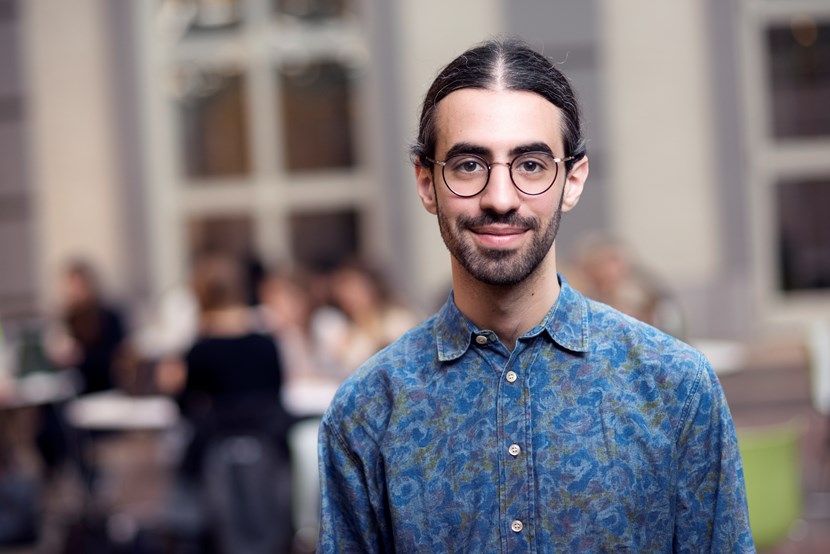The importance of academic role models
feb. 18, 2021
Congratulations Adam Altmejd on a great new paper - O Brother, Where Start Thou? - recently accepted for publication in the Quarterly Journal of Economics.

What did you investigate in the paper?
– We study if individuals follow their older siblings' education choices using data from Sweden, Chile, Croatia and the US. We look at older siblings who apply to specific university programs, and compare the education choices of the younger siblings of those who were admitted to the younger siblings of those who were deferred.
What was your conclusion?
– We find strong spillovers in all four countries. Despite large differences in education systems siblings follow each other in all four settings. They especially follow to the same university as their older sibling, and do so even when this makes them study a worse program. Interestingly, in the US we see that younger siblings who are unlikely to go to the university at all increase their tendency to apply to college if they have an older sibling with college education.
How can we use these findings in society?
– Persistence in educational inequality in communities with little academic experience is a huge problem, even in a country like Sweden where university education is free of charge. Our results show how important it is to have academic role models: that social connections are important for forming our preferences and making us understand what alternatives are available. In general, our findings point to the importance of using role models to diversify recruitment. Furthermore, it is beneficial to target older siblings with affirmative action as social spillovers enhance the effect of the policy.
